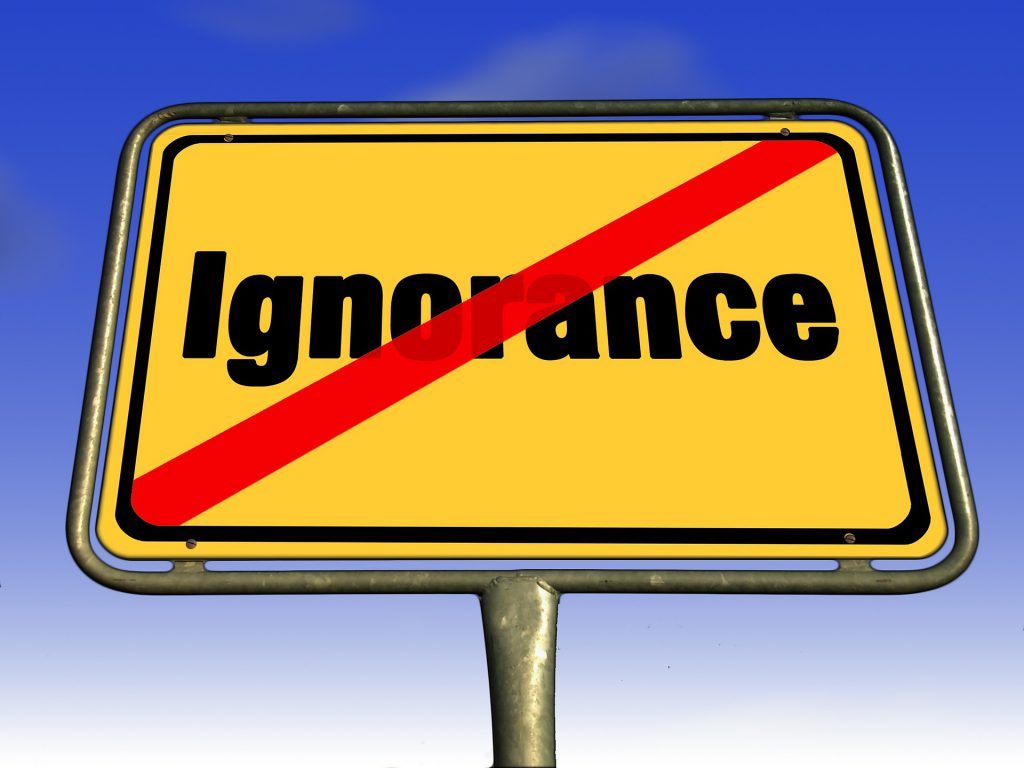Peace of mind and peace
In the Nordic region, we have all the prerequisites to create sustainable and new systems for the future person. We have natural resources, money and the abundance needed to create a good environment. This will have ripple effects for the whole world.
It is possible to create peace in our hearts without going the pain path. When we follow the heart and what resonates with us, we follow our own path of truth that will give us freedom and peace of mind. It is the the jantel law and the accepted truths in society that are often our greatest limitations.
Transformational learning is important in this time when we want to live from our essence which is serenity and peace. Despite knowledge and long educations, mental and chronic diseases are increasing. This tells us that we have not learned to create peace and tranquility.
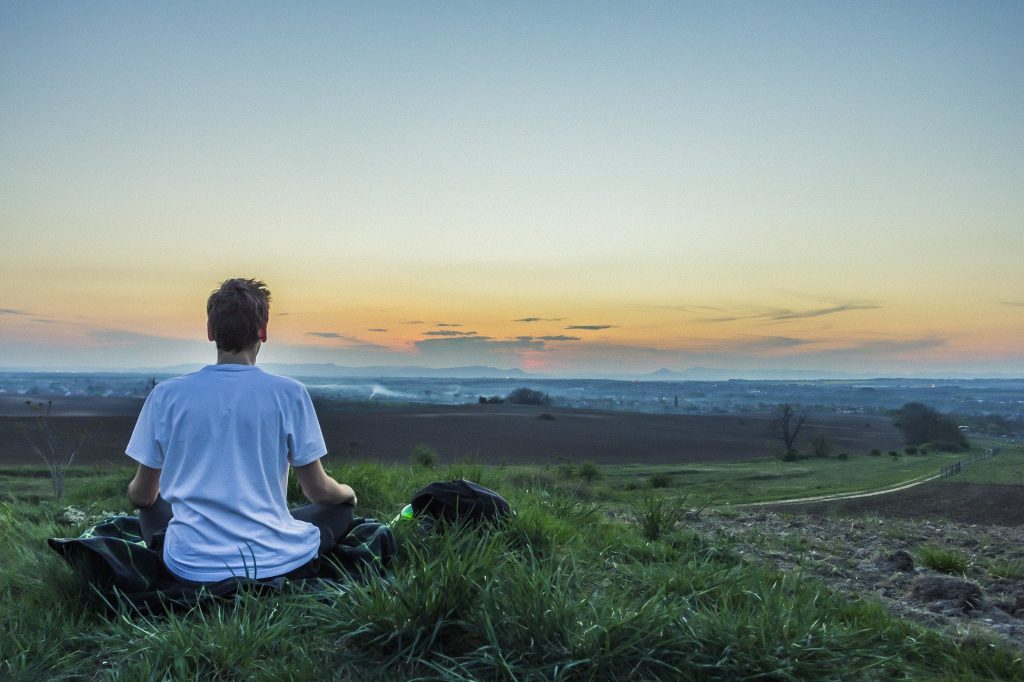
The paradigm shift is about human inner peace. We radiate what we are. When we do not have peace within us, we unconsciously create chaos, drama and unrest in society. Creating complete peace and tranquility is a state of mental processes. It is a surrender of ego thoughts and the condemnation of the the jantel lawer.
The Nordic countries have a common historical heritage and hold large areas of land where we can work together to create peace and good systems. The Nordic countries' innovative systems and policies will have ripple effects for the whole world. We need to show the world a heroic journey where we work closely between the countries.
At the political party Sentrum's first county meeting in Troms & Finnmark, February 2021, we were two members who were particularly concerned with peace policy. I have found a sister in politics and here is an excerpt from the peace policy that Merete Hammari Haddal and I see for our political party, the country and the Nordic countries:
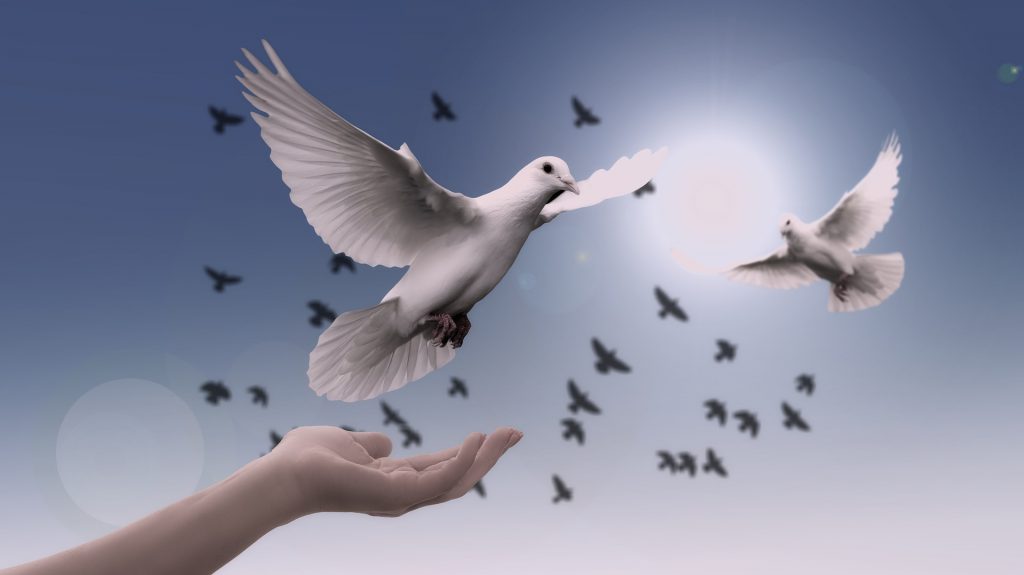
Through political peace work, the goal is to be nominated for the Peace Prize through the protection of human dignity.
Peace policy is about creating and promoting peace in people's minds and hearts. We need to be a unit that wants and masters collaboration regardless of case or person. With an independent attitude, we contribute to openness and inclusion. Everyone must join. We have responsibilities and duties as human beings, society and as a state. Together, we continuously build the countries we want to live in. We safeguard human dignity, by ensuring their value as contributors as citizens in and for the Nordic region. It is about equipping people so that we can create and contribute with our unique strengths.
Creating is a basic human need. When we have a safe environment, it is easier to contribute. Those who undermine their basic needs often become dependent on support or contributions. This costs society a lot. Learning to resist temptation is a challenge for society. Without balance, a destructive inner dialogue is created. We all have a responsibility in raising. "It takes a village to raise a child." Through increased awareness, we create resilient societies.
People need help to find peace in themselves. Communicating life skills is a duty and a responsibility for both parents and the state. The equality reform enables people to make choices from their own point of view, where we experience greater freedom of choice. It should be easy to educate yourself to what you want. A society where it is easy to be free, within clear boundaries provides greater scope for reproductive rights.
Boundaries must be set and maintained, even if human free will can never be deprived. At the same time, freedom of expression and belief can never be at the expense of human value. We must set boundaries for violations. They are subjective. Abuse of all kinds is experienced as an act of war.
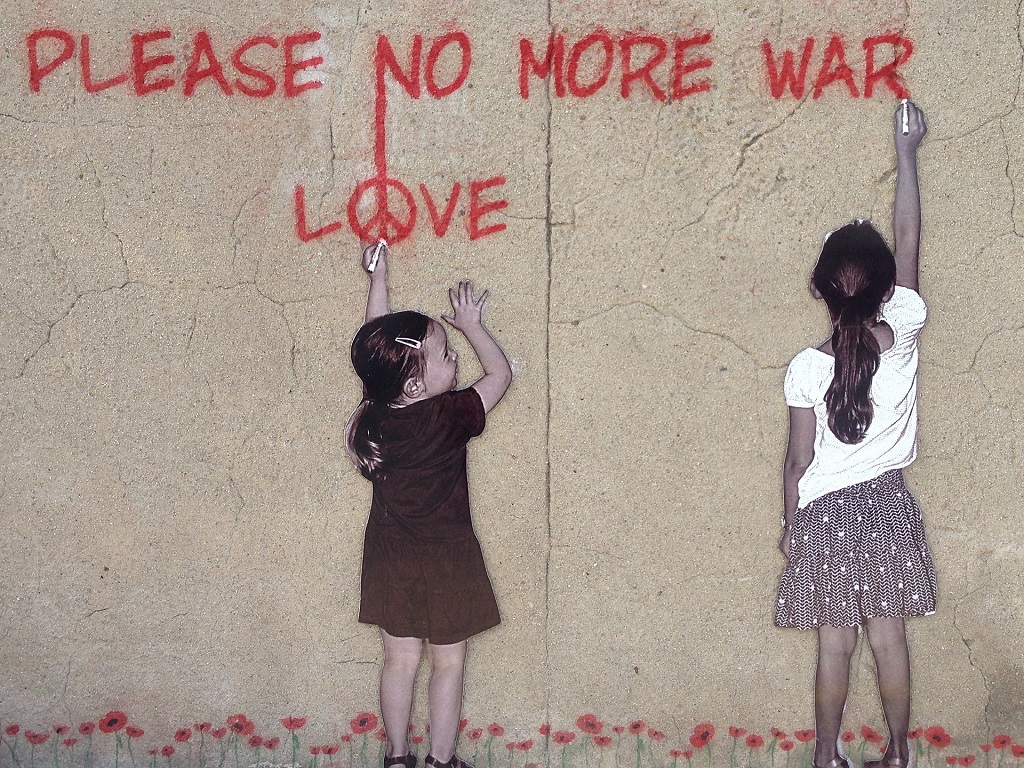
Setting boundaries for oneself is something that is learned. "Stop" is a clear message when the intimate zone is broken. Everyone is responsible for themselves and their lives. No one should be able to break this zone if the boundaries are clear. With self-determined abortion, we strengthen human freedom of choice. At the same time, we must take into account the value of the unborn, by preventing involuntary pregnancy. Knowledge of soul and fetus makes us better equipped to take greater responsibility during intercourse, in relation to the free human soul.
Everyone can make mistakes, which is the best development zone to learn. Lifelong learning is the path to a peaceful life. Taking care of a self (me for me) is crucial when we are to take care of a whole new self (me for others). The transition between adolescence and adulthood can seem brutal. We must be able to learn from the consequences of our actions. It can be punishment enough to make wrong choices.
Opting out of a child is difficult, where trauma can occur. The intervention in the mother's womb is serious. Giving birth to an unwanted child can have major consequences for the little one who grows up. The last word in the case should be the woman's. Carrying a child requires a lot. The child should experience security and love already in the mother's life. Self-esteem and self-confidence develop already at conception. We know the consequences for society of growing up where care failure occurs. It is not a human right to have children, even though the Nordic countries need more people to give birth.
We take peace policy seriously by giving more time for pregnancies, births and childbirth. We understand that women's health is different from men's health, and therefore recognize equality. The feminine power of care is important in peace policy. The women's struggle is a story where the mothers have fought enough. Now we work with rhetoric, and create dialogue rather than struggle. We recognize that the sexes are different, and that care should not be at the expense of finances.
We invest in loving relationships. The basis of our lives is security and belonging through compassion and love from close relationships. We use the whole village as a resource to get protection around the livelihood, the children and the families. Choosing to start a family is a free choice.
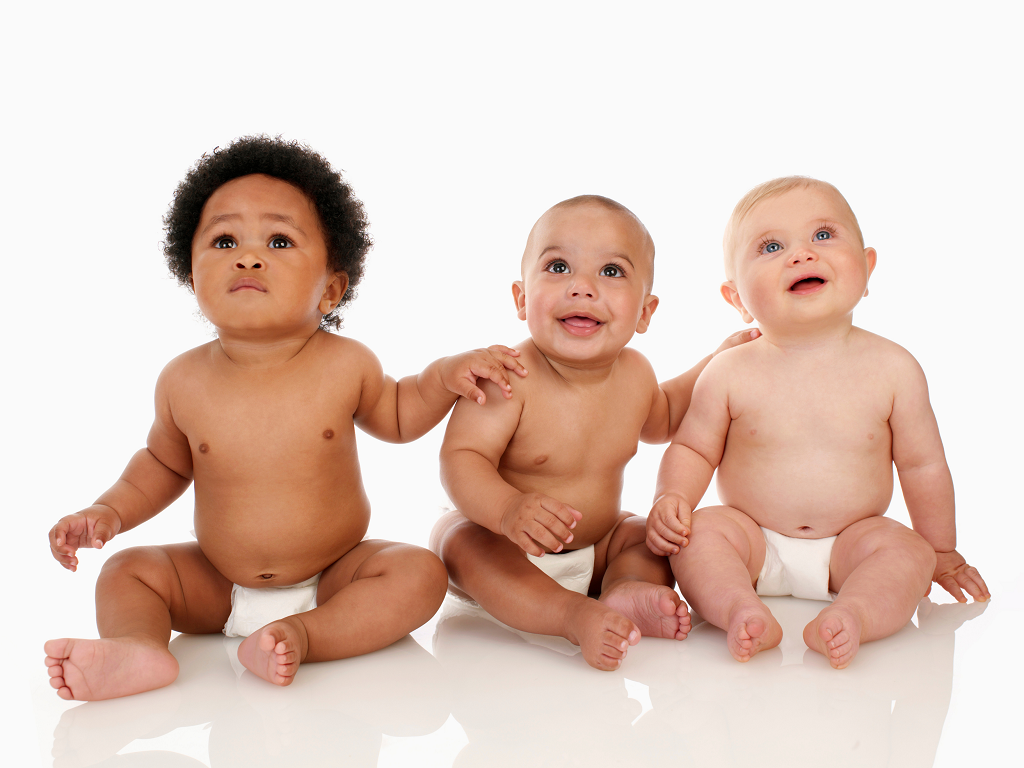
The fetus also has legal protection. Making choices can be difficult. We must learn to live with the consequences. Terror is experienced more strongly in encounters between people with a lot of fear and loss. Threats and worries expose people to enormous stress. The health challenges in stressful situations constitute large costs for society. The war of inner concern is serious and deadly. Finding people who create peace in others are the significant peace activists society is looking for. The desire for peace also includes thoughts on peaceful development, opportunities to create more welfare and a better everyday life for the individual.
While the civil war is going on, it is easy to attack the systems. People in the front lines must then withstand the attacks. Employee helpers become the most important defenders of everyday life. Peace means more than the absence of war. People in professional professions must be steadfast in defending the state's welfare benefits and duties. We need knowledge of how to practice peace in a warlike world. How we relate to our personal minds and hearts will affect the future of the entire planet. Everyday heroes create a safe and good society. We need more knowledge to master the mind, and negative emotions. Fear is very much about ignorance and ignorance. When we know better, we do better.
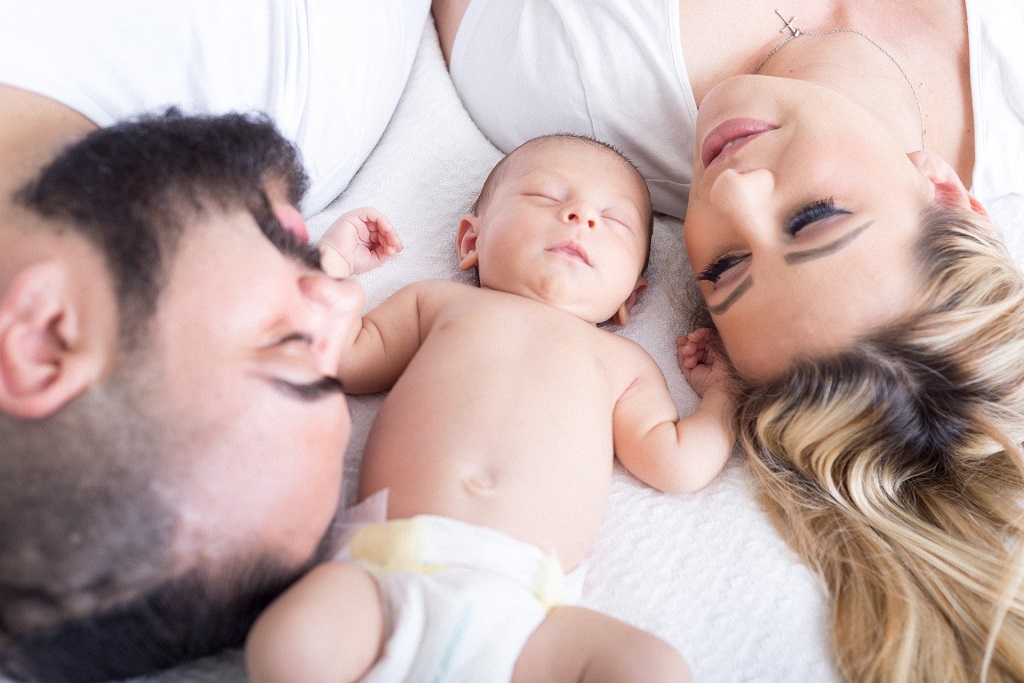
We need knowledge through school, education, research and development. And we need wisdom in the form of personal experience and user orientation. The Nordic people's soul knows how to entertain an entire world. With pride, we take the lead and show the way through cooperating across national borders and modeling peaceful countries. We show strength through our peace policy.
Building down the defense is about sustainability. The Nordic countries are focusing on prevention through active awareness-raising. There will never be a war if only one party enters the war. We need the other party to create war. Through mutual trust in all countries, we believe in a world at peace. In an inclusive way, we become stronger together. We are never stronger than the weakest link. We must strengthen all stages, and learn from what we achieve.
People are different, and diversity is necessary to create growth and development. The potential of people is different, and the strengths of some are the permissible weaknesses of others. We do not compare, we cooperate. As a cogwheel, we get the wheels in motion to use the various potentials for the benefit of people and society. We use the extremes and polarity to achieve the good interaction. We agree that we may disagree. In this way, we reach the UN's sustainability goal # 17.
In 2015, all UN member states adopted 17 sustainability goals that became the 2030 agenda. The sustainability goals see the environment, economy and social development in context. A key principle in the 2030 agenda is that no one should be left out.
# 1. Eradicate poverty
# 2. Eradicate hunger
# 3. Good health and quality of life
# 4. Good education
# 5. Gender equality
# 6. Clean water and good sanitation
# 7. Clean energy for everyone
# 8. Decent work and economic growth
# 9. Industry, innovation and infrastructure
# 10. Minor differences
# 11. Sustainable cities and communities
# 12. Responsible consumption and production
# 13. Stop climate change
# 14. Life in the sea
# 15. Life on land
# 16. Peace, rights and well-functioning institutions
# 17. Collaborate to achieve goals
Merete Hammari Haddal and Ann-Peggy Hjerte Divine.
